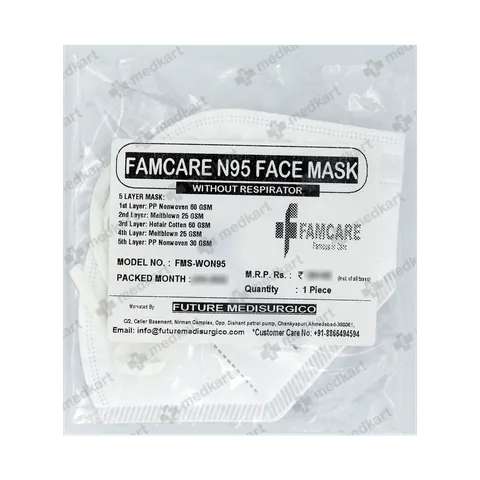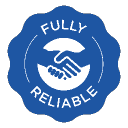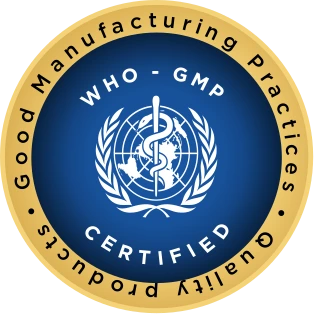

Authentic Product

India's Leading Generic Pharmacy

Secure Payment
By SURGICAL
MRP
₹
50
₹30
40 % OFF
Check Delivery
--
Content Reviewed By:
Dr. Sanjay Mehta
, (MBBS)
Written By:
Ms. Kavita Desai
, (B.Pharm)
While N95 masks are effective at filtering airborne particles, prolonged use can lead to several side effects. Common side effects include: skin irritation, acne, and pressure sores from the mask's tight fit; difficulty breathing or feeling of increased resistance; headache; and general discomfort. Less common side effects may include: allergic reactions to the mask material, feelings of claustrophobia, and impaired communication. It's important to ensure proper fit and take breaks to minimize these effects. Individuals with pre-existing respiratory conditions should consult their doctor before using an N95 mask.

Allergies
AllergiesN95 FACEMASK is unsafe to use if you have allergies to it.
An N95 mask is a type of respirator that filters at least 95% of airborne particles, including bacteria and viruses. It fits tightly to the face, forcing air to pass through the mask's material.
An N95 mask should be used when you are in an environment where there is a risk of exposure to harmful airborne particles, such as healthcare settings, construction sites, or areas with high levels of pollution.
No, N95 masks cannot be washed. Washing degrades their filtration efficiency. Follow the manufacturer's instructions for reuse.
An N95 mask should fit snugly against your face with no gaps around the edges. After putting the mask on, exhale sharply. If you feel air escaping around your eyes or the edges of the mask, it doesn't fit properly.
An N95 mask should be replaced after each use, or if it becomes soiled, damaged, or difficult to breathe through.
Yes, there are smaller-sized N95 masks available for children. Ensure the mask fits the child's face properly.
Beards can interfere with the seal between the face and the mask, reducing its effectiveness. It is recommended to shave to ensure the mask's effectiveness.
Yes, N95 masks can help protect against COVID-19 because they filter airborne virus particles.
Store N95 masks in a clean, dry place, such as a paper bag or container. Avoid folding or crushing the mask to prevent it from deforming.
N95 masks can be reused a limited number of times, but it depends on how long the mask has been used and whether it has been contaminated. Follow the manufacturer's instructions.
It is not recommended to wear an N95 mask if you are having trouble breathing. Consult with a doctor for a mask that is easier to breathe through.
Genuine N95 masks should be purchased from reputable suppliers, healthcare providers, or online retailers. Ensure the mask is NIOSH-certified.
NIOSH (National Institute for Occupational Safety and Health) certification means that the mask has met specific standards and is capable of filtering 95% of airborne particles.
Wearing an N95 mask can cause difficulty breathing, headaches, or skin irritation in some people. If you experience any of these symptoms, discontinue use and consult with a doctor.
N95 masks offer better protection than other types of masks because they filter more airborne particles. However, proper usage and fitting are crucial.
Awesome experience every time i get medicine on time and they have delivery on time also staff are very cooperative and knowledgeable
Tarun Ezava
•
Reviewed on 22-06-2023
(5/5)
Excellent service
Ali Akhtar
•
Reviewed on 26-07-2023
(5/5)
I find medcart really a good farmacy and their service is the most efficient. Highly recommended for reasonably priced medicines
Medha Joshi
•
Reviewed on 07-03-2024
(5/5)
medkart pharmacy medicine is very nice 👍
Sagar Christian
•
Reviewed on 27-11-2023
(5/5)
(Translated by Google) My experience is very good discount, if you want to give extra medicine, return to the company is also available and on time per home delivery, after 2 days of ordering, other medicines are also available if the medicine is not your pass and it is clear that it is there. itna discount available (Original) My experience is very good discount Bhi achha dete extra medicine company me return Bhi ho jati hai aur time per home delivery Bhi hoti order dene ke 2din ke ander medicine available bhi ho jati hai yadi medicine na ho unke pass and clear bolte hai ki is per itna discount milega
Akanksha Gupta
•
Reviewed on 20-10-2023
(5/5)
SURGICAL
Country of Origin -
India

MRP
₹
50
₹30
40 % OFF
Quick Links
Medkart's sole intention is to ensure that its consumers get information that is expert-reviewed, accurate and trustworthy. However, the information contained herein should NOT be used as a substitute for the advice of a qualified physician. The information provided here is for informational purposes only. This may not cover everything about particular health conditions, medicines, generic alternatives, all possible side effects, drug interactions, warnings, alerts, lab tests, etc. Please consult your doctor and discuss all your queries related to any disease or medicine. We intend to support, not replace, the doctor-patient relationship.
10 Lakh+
Happy customers
35000+
Pin-codes Covered
75 Lakh+
Orders Delivered

Authentic Products
All WHO-GMP Certified Medicines
©2025 Medkart Pharmacy. All Rights Reserved